Keywords: World Affairs
There are more than 200 results, only the first 200 are displayed here.
-
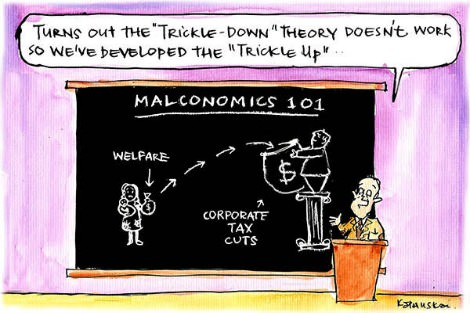
AUSTRALIA
- Frank Brennan
- 10 April 2017
16 Comments
In an age of 'budget repair', social policy risks becoming just a sidebar to economic policy which is a contest of ideas about how best to grow the size of the pie thereby providing a slice for 'the deserving poor' without having to redistribute too much of the pie, while 'the undeserving poor' drop off the edge as they would have anyway. For those of us schooled in Catholic social teaching, the so-called 'undeserving poor' are the litmus test of our commitment to the human dignity of all persons.
READ MORE 
-

INTERNATIONAL
- Munyaradzi Makoni
- 28 March 2017
1 Comment
Life is back to normal a month after residents of Mamelodi in South Africa marched from on the Home Affairs offices in protest over criminality among immigrants. Now, there are calls for closer re-examination of the action, which many see as threatening peace in one of Africa's biggest economies. 'If drugs and crime were really the issues, it should have been billed as an anti-drugs, anti-crime march, not an anti-foreigner march,' said Johan Viljoen of Jesuit Refugee Service.
READ MORE 
-
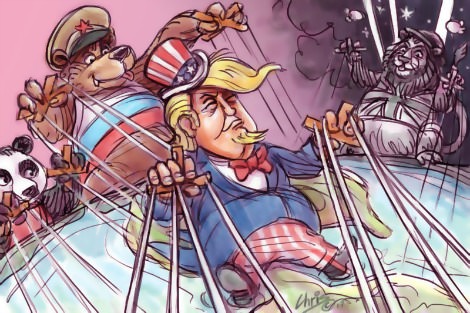
INTERNATIONAL
- Binoy Kampmark
- 10 March 2017
4 Comments
Each day is met by the same reports: electoral interference has supposedly taken place, instigated by Russian, or at the very least outsourced Russian entities, in the elections of Europe and the United States. Such claims assert, not merely the reality of these claims, but the nature of their influence. Such a stance detracts from one fundamental point: that the manipulation of electoral systems has been, and remains, common fare, irrespective of the finger pointing at Moscow.
READ MORE 
-
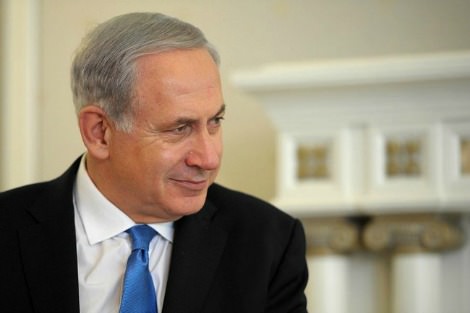
AUSTRALIA
- Andra Jackson
- 22 February 2017
15 Comments
Israeli Prime Minister Benjamin Netanyahu's visit to Australia this week is having precisely the opposite impact to what he no doubt intended. Instead of shoring up support for Israel's flagrant disregard for United Nations resolutions condemning its continual annexation of Palestinian land, it is driving a deep wedge into what was previously unflagging bipartisan Australian political party support for Israel. Australia's connection with Palestine actually predates the creation of the state of Israel.
READ MORE 
-
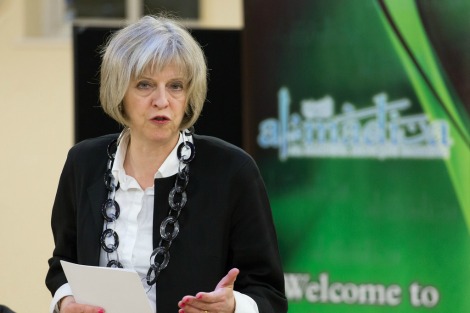
INTERNATIONAL
- Daniel Read
- 12 December 2016
7 Comments
The British Prime Minister is many things. Depending on which side of the political spectrum you're on, she's either a trailblazing female politician set on reclaiming Britain's independent role in Europe, or just another callous, career orientated Conservative ill-suited to the challenges at hand. One quality she does appear to possess, however, is a degree of honesty, particularly when it comes to Britain's controversial take on human rights and foreign trade. Or does she?
READ MORE 
-
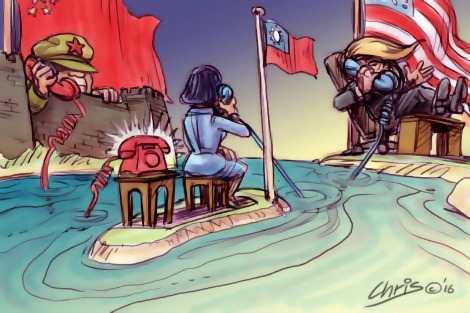
INTERNATIONAL
- Jeremy Clarke
- 09 December 2016
2 Comments
Trump's phone call with Tsai Ing-wen is to diplomacy what Happy Gilmore's slap shot was to the Pro Golf Tour. It defies all convention, is appallingly out of context, and should not even work, but it might just augur a new way of doing things. That conversation disrupted previous norms, some of which resulted from decades of delicate, often secret, negotiations. In the midst of the confected outrage it is worth considering the event within the context of contemporary US-China relations.
READ MORE 
-

ENVIRONMENT
- Frank Brennan
- 28 November 2016
'No matter what the economic, political and legal problems confronted by modern day India, our response can be improved by an application of the key principles and norms developed in the international law of trade and human rights, helping to enunciate the realm of law, regulation and political accountability, enhancing public scrutiny providing the right environment for doing business.' Frank Brennan presents the 25th JRD Tata Oration, Xavier School of Management, Jamshedpur, India, 26 November 2016.
READ MORE
-

AUSTRALIA
- Frank Brennan
- 13 October 2016
2 Comments
With idealism and pragmatism, I invite you criminal lawyers in the next 30 years to imagine and enact a better criminal justice system which alleviates rather than exacerbates the devastating effects of colonisation and marginalisation on Indigenous Peoples, and most particularly their children. An intelligently designed criminal justice system must help secure the foothold of Indigenous children in both the Market and the Dreaming.
READ MORE
-
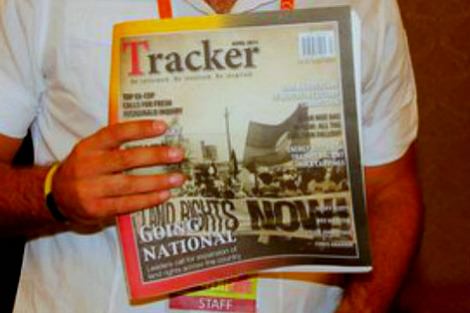
MEDIA
- Celeste Liddle
- 27 September 2016
8 Comments
When I started my blog Rantings of an Aboriginal Feminist four years ago, the major motivation was that I wanted to claim some space in the worldwide web for Aboriginal feminist left-wing discourse. I strongly felt that the mainstream media continued to ignore these types of opinions and, thanks to the internet providing public and freely available space, for the first time ever there was the ability to circumnavigate these traditional channels of communication. I believed no one would read it.
READ MORE 
-

MEDIA
- Catherine Marshall
- 29 July 2016
2 Comments
Though the internet has stretched and expanded the number of people and places we have access to, it has also constrained the range of ideas and opinions to which we're exposed. Research has found that Facebook users tend to read and share information that reinforces their own beliefs. This phenomenon has been particularly noticeable in the past month, with the emotion whipped up by the Brexit campaign, the election, and a spate of shocking, apparently Isis-related killings.
READ MORE 
-
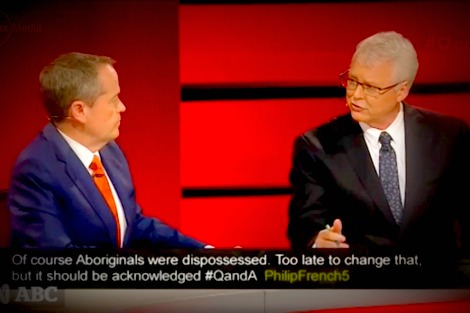
AUSTRALIA
- Celeste Liddle
- 22 June 2016
8 Comments
For the first time ever, I got the sense that political views on the importance of Indigenous issues had shifted. It was not due to an increase in Indigenous voices in the political discussions nor was it because either of the major parties announced a policy which I found remotely inspiring. Rather it was because, under the glare of the camera, the leaders of the two major parties both attempted to show a greater understanding of the Indigenous political agenda than they have before.
READ MORE 
-
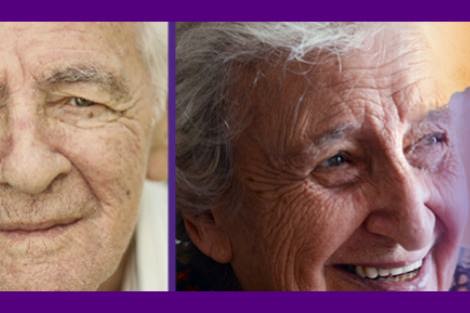
AUSTRALIA
- Andrew Hamilton
- 16 June 2016
12 Comments
We all know elderly people who are healthy, active, and blessed with loving families. But the image represents only part of the reality of old age. Many elderly people are ill, have lost their partners, live alone with little connection to their families, suffer from incipient dementia, and are dependent on others for the daily business of living. If they appear at all in the media, it is usually in bad news stories. They are seen as people different from us. A significant minority of older people, too, suffer from abuse.
READ MORE 